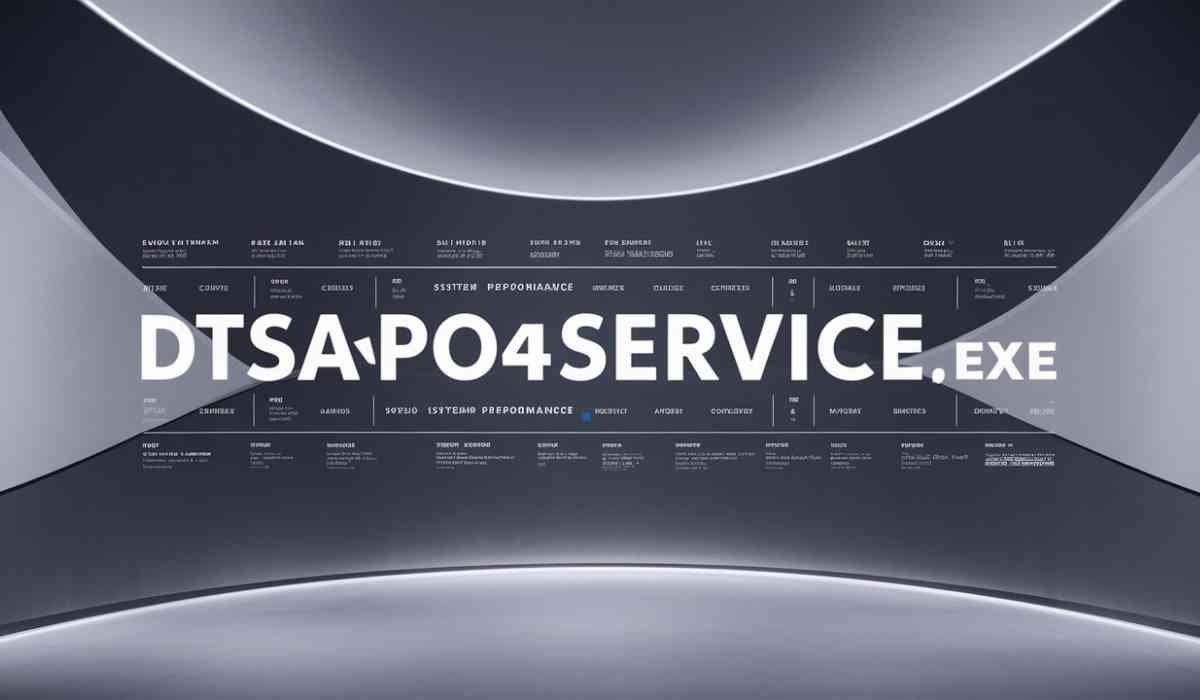The teeth whitening industry is one of the fastest-growing sectors in the beauty and aesthetics market, driven by increasing demand for brighter, more confident smiles. However, as competition intensifies, success is no longer just about offering the service — it’s about mastering the craft through professional, accredited training. The right training courses not only ensure compliance and safety but also equip practitioners with advanced techniques, client care skills, and marketing expertise to excel in this lucrative industry.
Why Training is Essential for Whitening Professionals
In the whitening industry, skill, precision, and knowledge directly influence results. Comprehensive training ensures practitioners understand:
Legal and regulatory compliance — staying up to date with local laws regarding whitening agents and procedures.
Safety protocols — protecting both client and practitioner during treatment.
Product knowledge — understanding different whitening systems, gels, and equipment.
Well-trained professionals build trust, achieve better results, and ultimately drive more referrals.
Accredited Whitening Courses: The Gold Standard
Accreditation is a mark of credibility. Reputable courses are often endorsed by industry associations or insurance providers, ensuring that the training meets high professional standards. Accredited whitening courses typically cover:
Anatomy and physiology of teeth
Understanding staining and discoloration
Hands-on application of whitening techniques
Client consultation and aftercare advice
By choosing accredited training, practitioners position themselves as experts in a competitive marketplace.
Advanced Techniques for Competitive Advantage
Basic whitening training is a great start, but advanced courses give practitioners a competitive edge. These may include:
Laser teeth whitening techniques — for faster, more noticeable results.
Combination treatments — pairing whitening with cosmetic dentistry for holistic smile makeovers.
Custom whitening trays — offering clients take-home options to maintain results.
Such expertise allows businesses to expand their service offerings and cater to a wider client base.
Business and Marketing Skills: The Hidden Key to Success
Many training courses in the whitening industry now integrate business and marketing modules. These skills are invaluable for attracting and retaining clients. Topics often include:
Social media marketing for beauty and aesthetics businesses.
Client retention strategies such as loyalty programs.
Pricing and promotions to maximize profitability.
A skilled whitening technician with strong business acumen is far more likely to thrive in today’s competitive environment.
Online vs. In-Person Whitening Training
The modern whitening industry offers flexible learning options:
Online training — ideal for theory-based learning and business modules, allowing learners to study at their own pace.
In-person training — essential for mastering hands-on application and real-world client interaction.
The most effective programs combine both, ensuring practitioners gain theoretical knowledge and practical expertise.
The Role of Continuous Professional Development (CPD)
Whitening technology and regulations evolve rapidly. CPD courses help practitioners:
Stay updated on the latest whitening systems and products.
Learn new techniques that improve efficiency and client satisfaction.
Maintain compliance with changing industry standards.
By committing to ongoing learning, whitening professionals safeguard their reputation and keep their businesses future-proof.
Conclusion
The whitening industry offers tremendous opportunity, but success depends on more than just owning the right equipment. Comprehensive, accredited training courses are the foundation for delivering safe, effective, and market-leading treatments. From mastering whitening techniques to developing business savvy, the right teeth whitening training courses empower practitioners to stand out, build client trust, and achieve lasting success in this booming sector.









